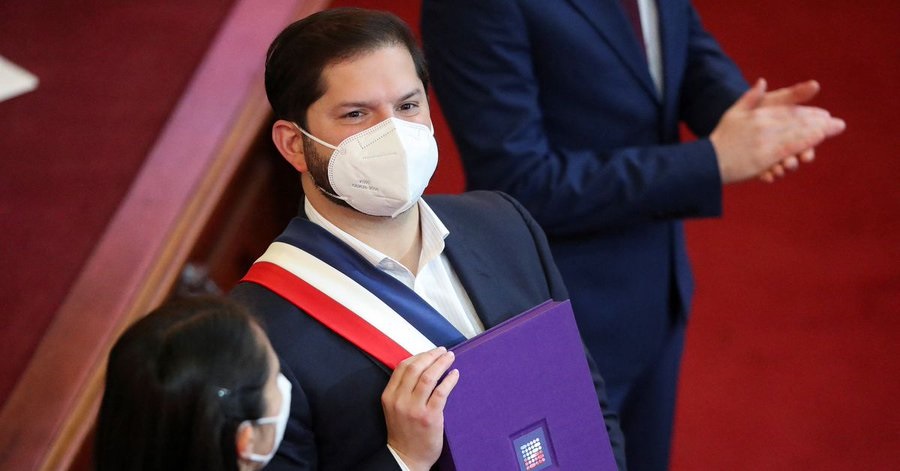
Chile’s new constitution reflects current ethos; here's what it promises
The proposed constitution centres around social rights for marginalised groups, women, the indigenous and the disabled; it also guarantees rights around free speech, abortion, environment, health, water and housing

On the 4th of July, as the US was having its Independence Day celebrations, a South American democracy witnessed a landmark moment. Chile prepared the grounds for a brand new constitution that would, if and when it comes into force, truly represent the times we live in.
Chile’s assembly handed a completed constitutional draft to President Gabriel Boric, before making it available to the public. The citizens will now review the document over two months before deciding its fate in an obligatory referendum on September 4.
The making of the document
In May 2021, Chilean voters elected dozens of delegates to redraft their constitution. The set constitutional convention was split equally between men and women. Seventeen seats were reserved for the nation’s indigenous populations. This came after the 2019 spring protests, when citizens took to streets demanding social reform.
Elisa Loncón, Mapuche linguist and indigenous rights activist, was elected president of the constitutional assembly, the body charged with writing the new constitution. The constitutional assembly took the assistance of the UN Human Rights Regional Office for South America project, Chile.
“Never before have the indigenous communities of Chile been invited to help draft a new constitution,” remarked Loncón.
World’s longest constitution
The proposed constitution is the world’s longest, with 388 articles. It centres around social rights for marginalised groups, women, the indigenous and the disabled. It also guarantees rights around free speech, abortion, environment, health, water, housing, and publicly-funded national health service. The rights already present in the current constitution have been amplified in the new one.
The biggest difference from the existing constitution is that it will give official recognition to the indigenous peoples living in the country, making it the third plurinational country in South America. The two precedents after Ecuador and Bolivia.
Watch: Off the Beaten Track, Ep 2 | India at 75: Making the Constitution Work
Wider range of rights
While Chile’s current constitution prohibits gender-based discrimination, the new document calls for gender parity in all governmental positions and offices.
The new constitution guarantees the citizens protected and accessible land, water and air resources.
The frequent droughts in Chile do not allow citizens to freely use water, they need to ration the resource. The new constitution includes the human right to water, intergenerational justice, living well, the rights of nature, and just climate action.
It recognises the climate and ecological crisis, the inherent value of nature, environmental human rights and the distribution of power in environmental decision making.
A national education system
The document also creates a national education system which centralises learning institutions under one agency. It calls for free public education at every level, a relief measure for the country, where public institutions have some of the highest fees in the world. Chile’s tuition fees are estimated to have risen 10 per cent from 2010 to 2019.
Also read: NEP 2020 | Absorb ancient Indian knowledge, but view it critically
Digital rights
The draft constitution includes provisions to provide a constitutional system for the protection of privacy, informational self-determination, and computer security. The proposed provisions will help safeguard citizens rights in a highly digitised society.
Governance changes
The new draft constitution eliminates the Senate and creates a Chamber of Regions instead. Presidential re-elections for both consecutive or non-consecutive terms will be permitted but only once.
The new constitution will replace Chile’s free-market-centric economic system of the Pinochet period (1973-90). Environmental democracy and consultative resource management with indigenous people is an important part of the new Constitution. It also proposes laws for the mining industry, central to Chile.


